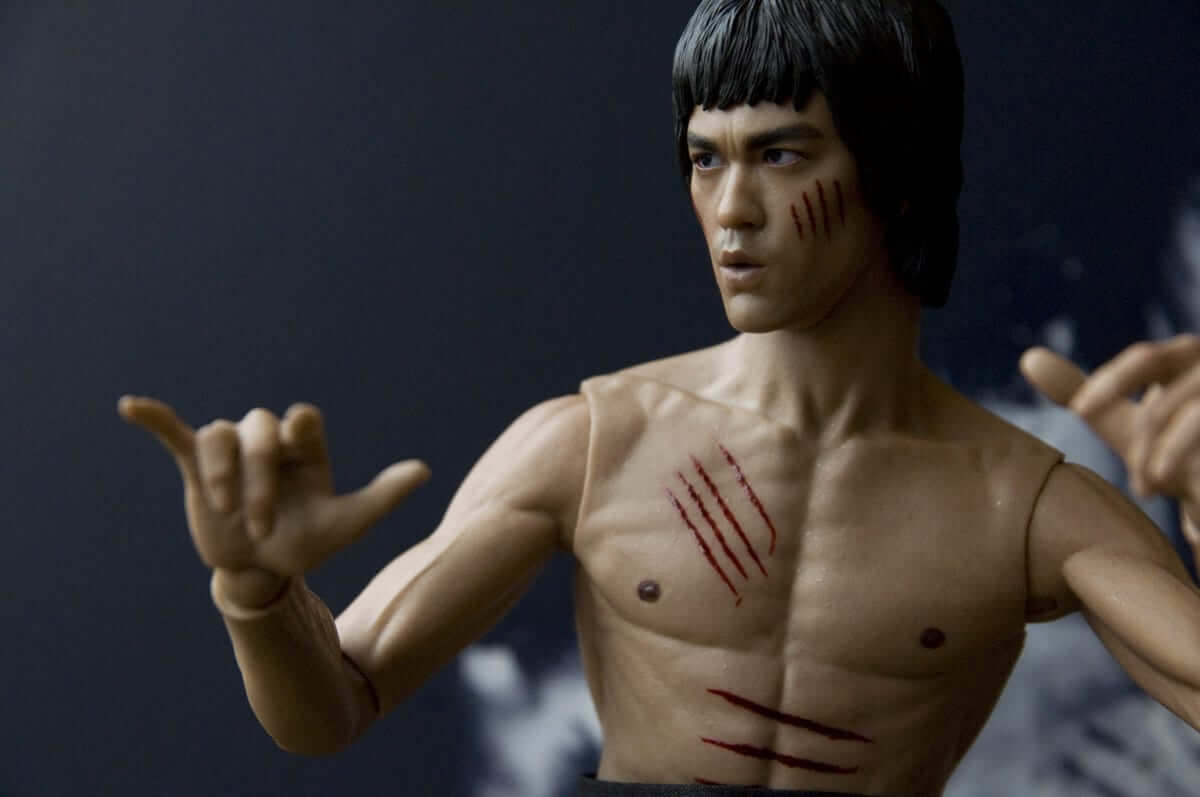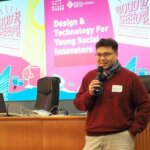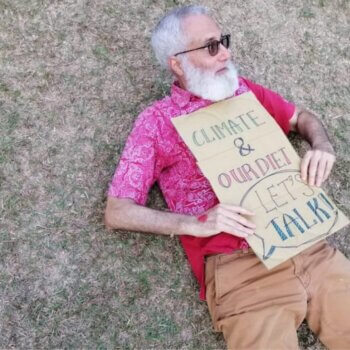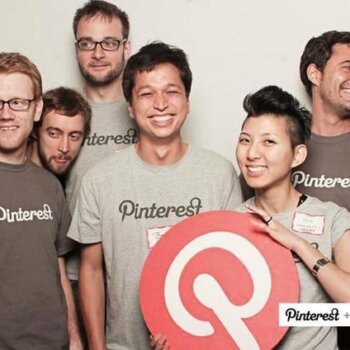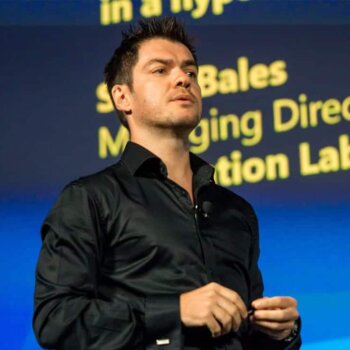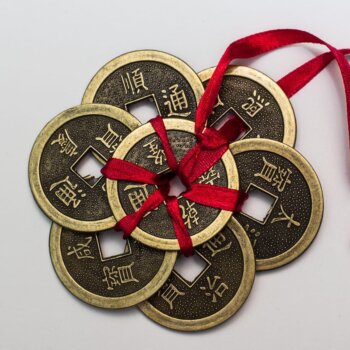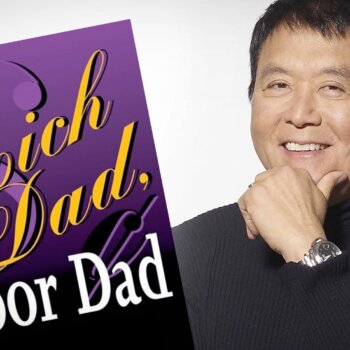Bruce Lee may be a rather overplayed iconic figure nowadays (those marketing cultural parasites eh!), but let’s not let that get in the way of just what a truly remarkable man he was. What I’ve always admired most about Bruce is the sheer enthusiasm, passion and curiosity that he diplayed throughout his life. This is a man that not only created Jeet Kune Do (an important precursor to mixed martial arts) and made Chinese martial arts accessible to Hollywood and the entire western world, but one that took it on himself to learn philosophy at the University of Washington. What is even more fascinating, is that Bruce’s studies actually informed Jeet Kune Do i.e. it is based on an underlying philosophical view of knowledge claims, truth and reality. So much so, that his approach is sometimes referred to as a postmodern anti-style.
Let’s consider…
Bruce says: “Be formless… shapeless, like water”
I say: don’t impose structure on a problem too early or stick rigidly to a process for process sake. Explore freely and allow your mind to wander; work adaptively and flexibly.
Bruce says: “Here is natural instinct and here is control. You are to combine the two in harmony, now if you have one to the extreme, you will be very unscientific. If you have another to the extreme, you will all of a sudden be a mechanical man, no longer a human being. It is a successful combination of both. Therefore, it is not naturalness or unnaturalness. The ideal is unnatural, naturalness or natural, unnaturalness.”
I say: In the end, a marriage of qualitative and quantitative insight is most sensible (where possible). But my personal preference is ‘culture-led’ i.e. cast your net wide and understand the problem/category/brand within its socio-cultural context first (via cultural analysis), rather than restricting your vision at the outset with consumer needs and statistical ‘facts’. Like Bruce also once said: “True observation begins when one is devoid of set patterns.”
Bruce says: “I do not believe in styles any more”
I say: Don’t get caught up with one one-fits-all models that claim to be the holy grail of branding. Mixing and matching different ideas, innovations, communication codes and media platforms often works best and allows you to execute your brand idea in a much more compelling and interesting way. Sticking with the fighting metaphor, Bruce also once said …
“The best fighter is not a Boxer, Karate or Judo man. The best fighter is someone who can adapt to any style. He kicks too good for a Boxer, throws too good for a Karate man, and punches too good for a Judo man.”
And again …
“Some people are tall; some are short. Some are stout; some are slim. There are various different kinds of people. If all of them learn the same martial art form, then who does it fit?”
Expect the Creative Generalists amongst us might particularly appreciate these two.
Bruce says:“Express oneself honestly, not lying to oneself”
I say: If there is an overriding maxim for 2007 then it’s honesty, as empitomised by Innocent and copied by just about everybody else … Dorset Cereals included! ;O
As a final point, I would just like to touch on Bruce Lee’s approach to physical training, which could be equally said of marketing …
“Training is one of the most neglected phases of athletics. Too much time is given to the development of skill and too little to the development of the individual for participation … Jeet Kune Do, ultimately is not a matter of petty techniques but of highly developed spirituality and physique.”
As a parallel, this captures how the marketing industry prioritises endless doing over time for learning, thinking and personal development. There are people who have worked in the industry for many years, clocked up a wealth of experience, and mastered all of the ‘core skills’ required, but because they have taken little time to read, explore, and broaden their horizons, they have remained trapped inside the paradigms of old, oblivious to the creative possibilities that lie before them. On this note then, here’s a final quote from Bruce that also seems to ring true of marketing …
“[W]hen clans are formed, the people of a clan will hold their kind of martial art as the only truth and do not dare to reform or improve it. Thus they are confined in their own tiny little world. Their students become machines which imitate martial art forms.”
________________________
About the Author
This article was produced by CultureMaking. See more.
